
US hits Pakistani Taliban training camp in eastern Afghanistan
The son of Mullah Fazlullah, the emir of the TTP, and two commanders, including the camp’s trainer of suicide bombers, are reported to have been killed.

The son of Mullah Fazlullah, the emir of the TTP, and two commanders, including the camp’s trainer of suicide bombers, are reported to have been killed.

The Afghan military said it captured a German citizen who was fighting in Helmand province and belonged to the Taliban’s Red Unit, which serves as an elite unit that spearheads attacks on Afghan forces.

Three jihadist factions in Syria announced today that they have joined the “Guardians of the Religion” organization. Al Qaeda-affiliated social media channels have promoted the new group, which was formed as a result of jihadist infighting and leadership disputes in Syria.

Rehan, a commander from the Movement of the Taliban in Pakistan who also served as an al Qaeda facilitator, was killed in an airstrike in Bermal district in Afghanistan’s eastern province of Paktika. Bermal is a known jihadist hotspot.

Khattab al Masri, a foreign fighter who sided with Omar Hammami during his dispute with Shabaab, reconciled with the terrorist group and was killed while fighting Ethiopian forces in 2016.
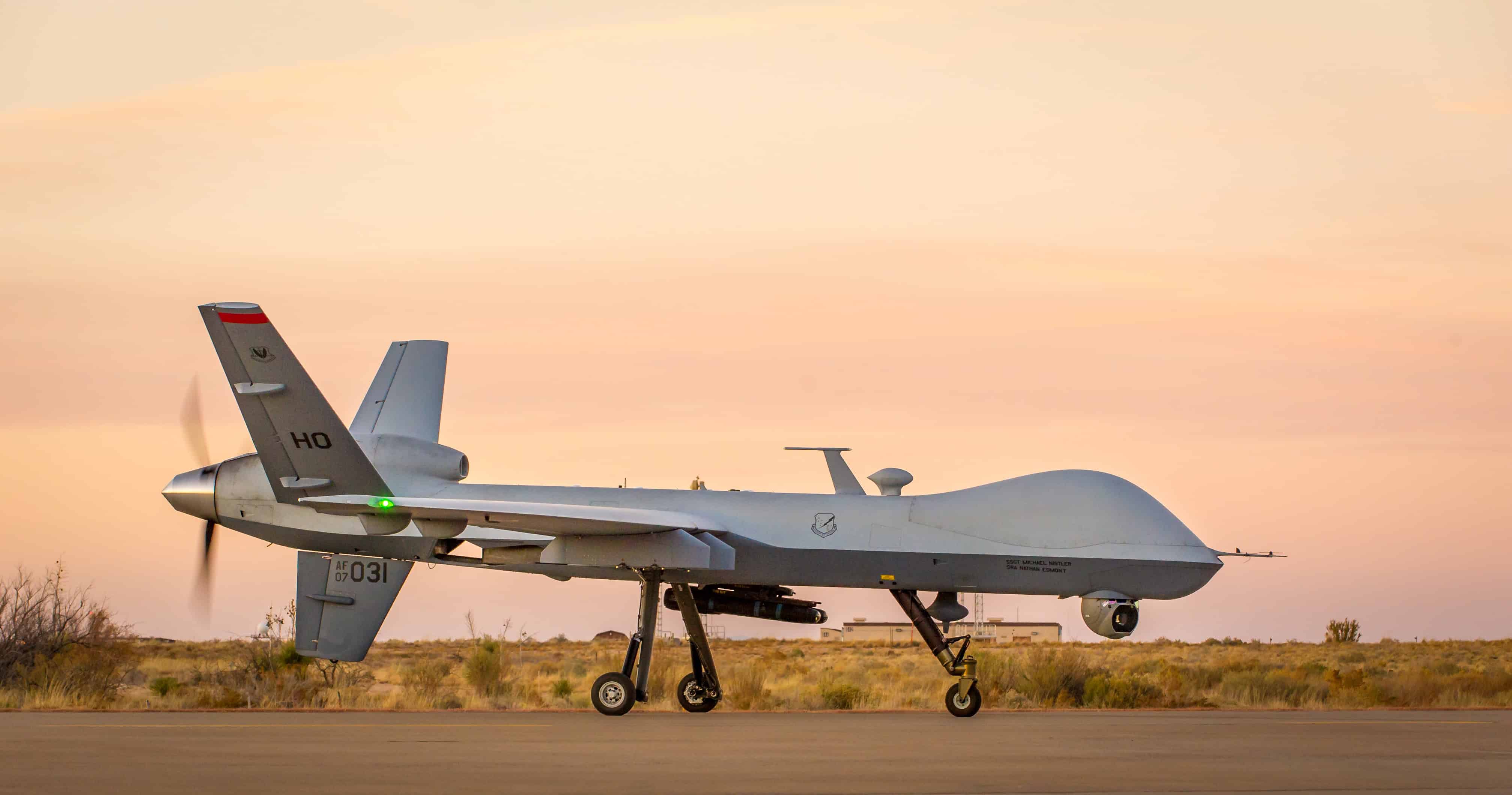
Strikes in 2018 have been concentrated in and around the town of Jilib, whihc has been identified as a Shabaab safe haven.
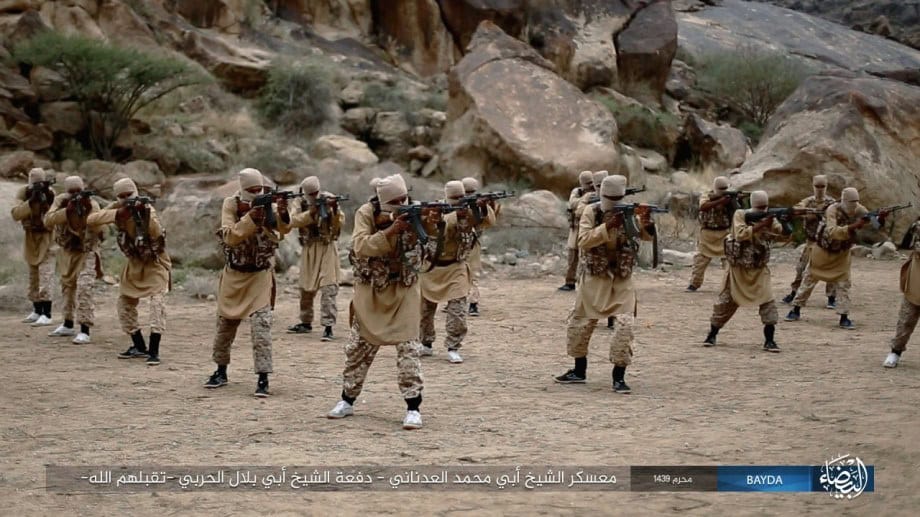
On January 19, the Pentagon released its new National Defense Strategy, which prioritizes “inter-state strategic competition” from China and Russia over “terrorism.” In many ways, the strategy makes sense. However, the threat from ISIS and al Qaeda has not been eliminated. The jihadists are fighting around the globe, everywhere from West Africa to Southeast Asia.
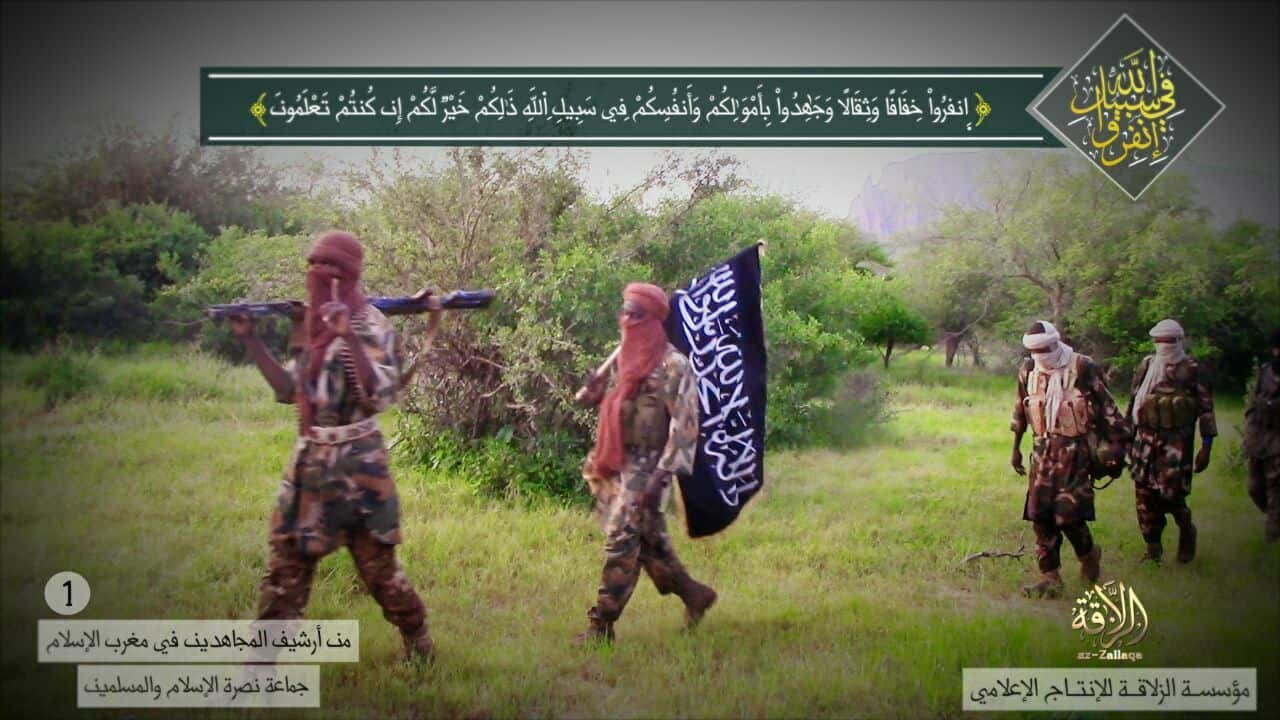
The State Department has designated Ansaroul Islam, a Burkinabe jihadist group affiliated with al Qaeda’s network in Mali, as a terrorist organization. FDD’s Long War Journal has tracked the rise of the group since its founding in late 2016.
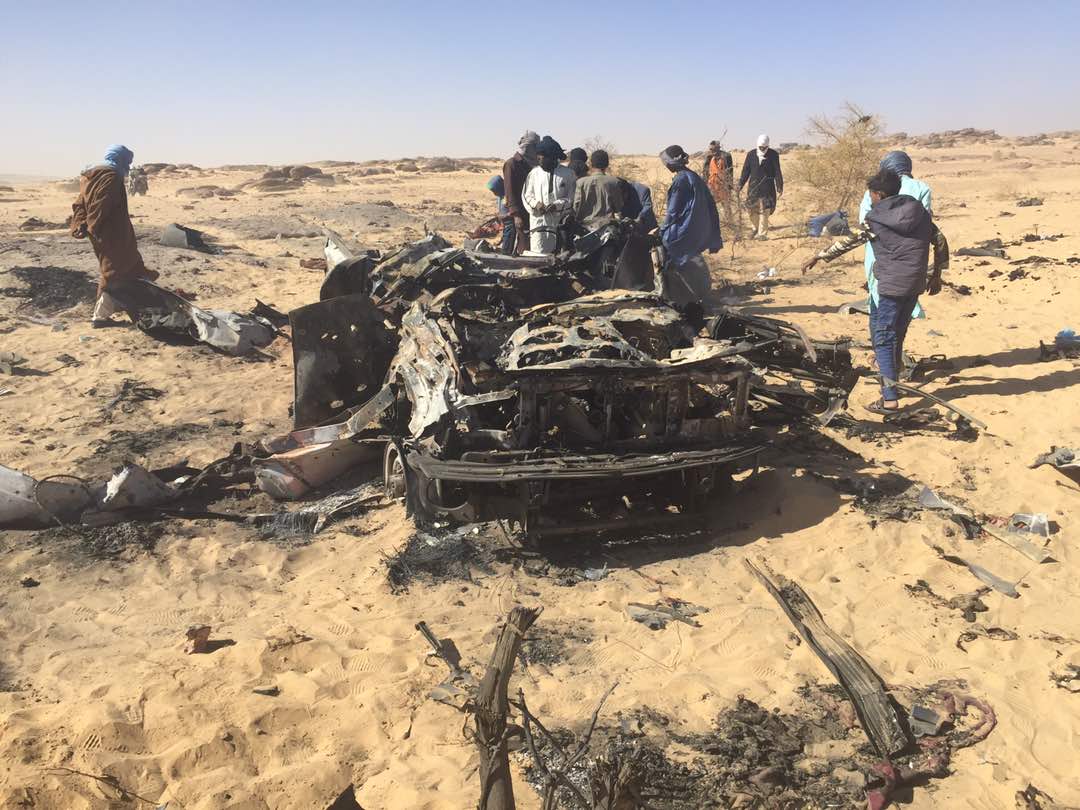
French forces conducted near simultaneous raids and airstrikes on three jihadist targets belonging to al Qaeda’s Group for Support of Islam and Muslims (JNIM).

General Bajwa and Pakistani officials can pontificate all they like about how their country has eliminated terrorism and no longer permit terrorists to use its soil to attack another country. A look at the facts tells another story, and that is one of Pakistani duplicity.

Sajna Mehsud was killed in a US drone strike in North Waziristan, not in Afghanistan like some Pakistani officials have claimed. Sajna lead the group’s powerful Mehsud faction, was close to al Qaeda, and was responsible for murdering thousands of Pakistanis.

The US Treasury Department designated three jihadist facilitators who work for Sheikh Aminullah, a key al Qaeda and Taliban facilitator based in Peshawar, Pakistan. All three have allegedly facilitated Aminullah’s travels to the Gulf, where he has presumably raised funds. Two of the newly-sanctioned jihadists have been tied to operations in Afghanistan.
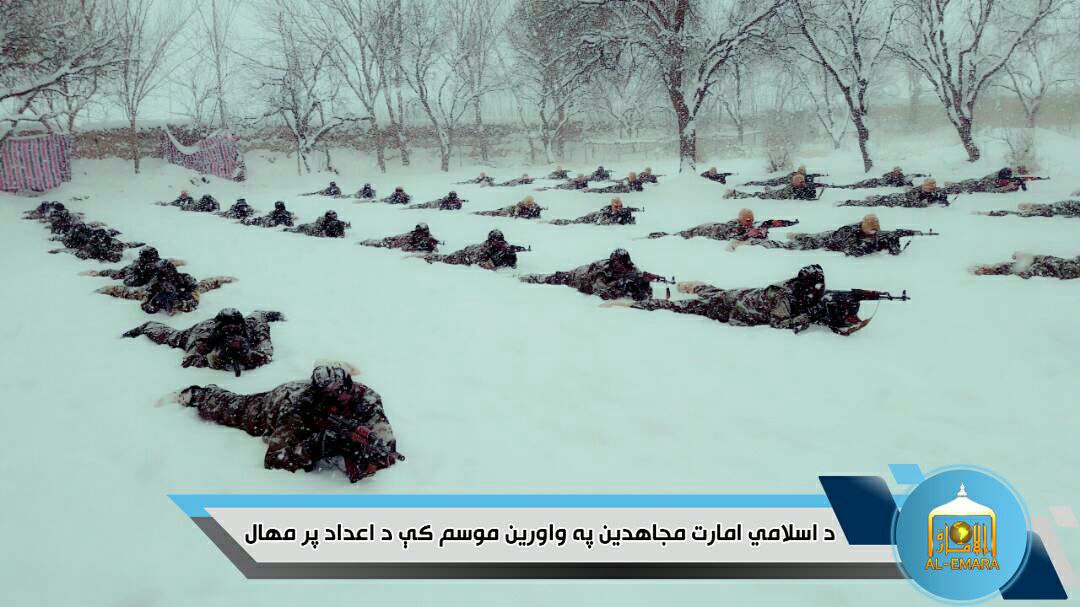
The camps were used by the East Turkistan Islamic Movement (ETIM) and other terrorist groups.
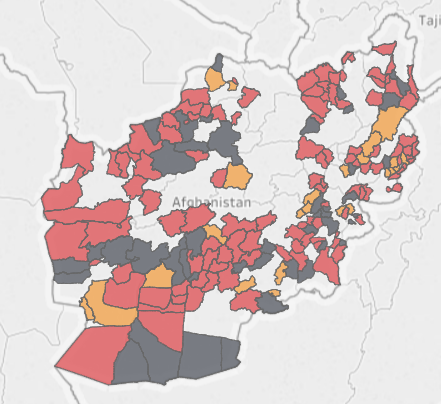
The DoD would not be suppressing information on Taliban district and population control as well as key metrics on the Afghan security forces if the fight was going well.

In a newly-released audio message, Ayman al Zawahiri blames Islamist parties in Tunisia and Egypt for the failure of the Arab uprisings to deliver sharia-based governance.

The designation of Taliban leaders on the Peshawar Shura highlights the continuity of the Taliban-al Qaeda relationship in Afghanistan and Pakistan that has endured more than 16 years of war against the US and its allies.
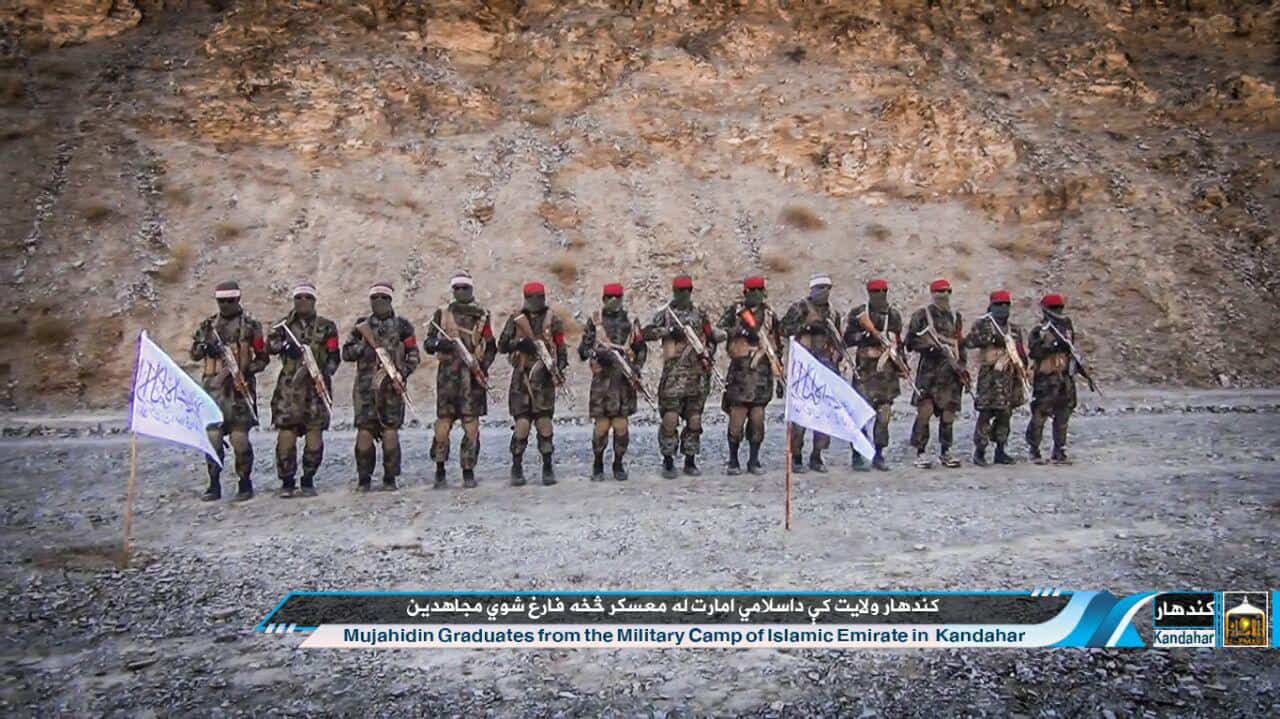
The US Treasury Department designated six Taliban-Haqqani figures as terrorists today. Treasury’s identifying information locates five of the six — including three senior Taliban finance officials and the deputy leader of the group’s military commission — inside Pakistan. At least two of the newly-sanctioned men have ties to al Qaeda.
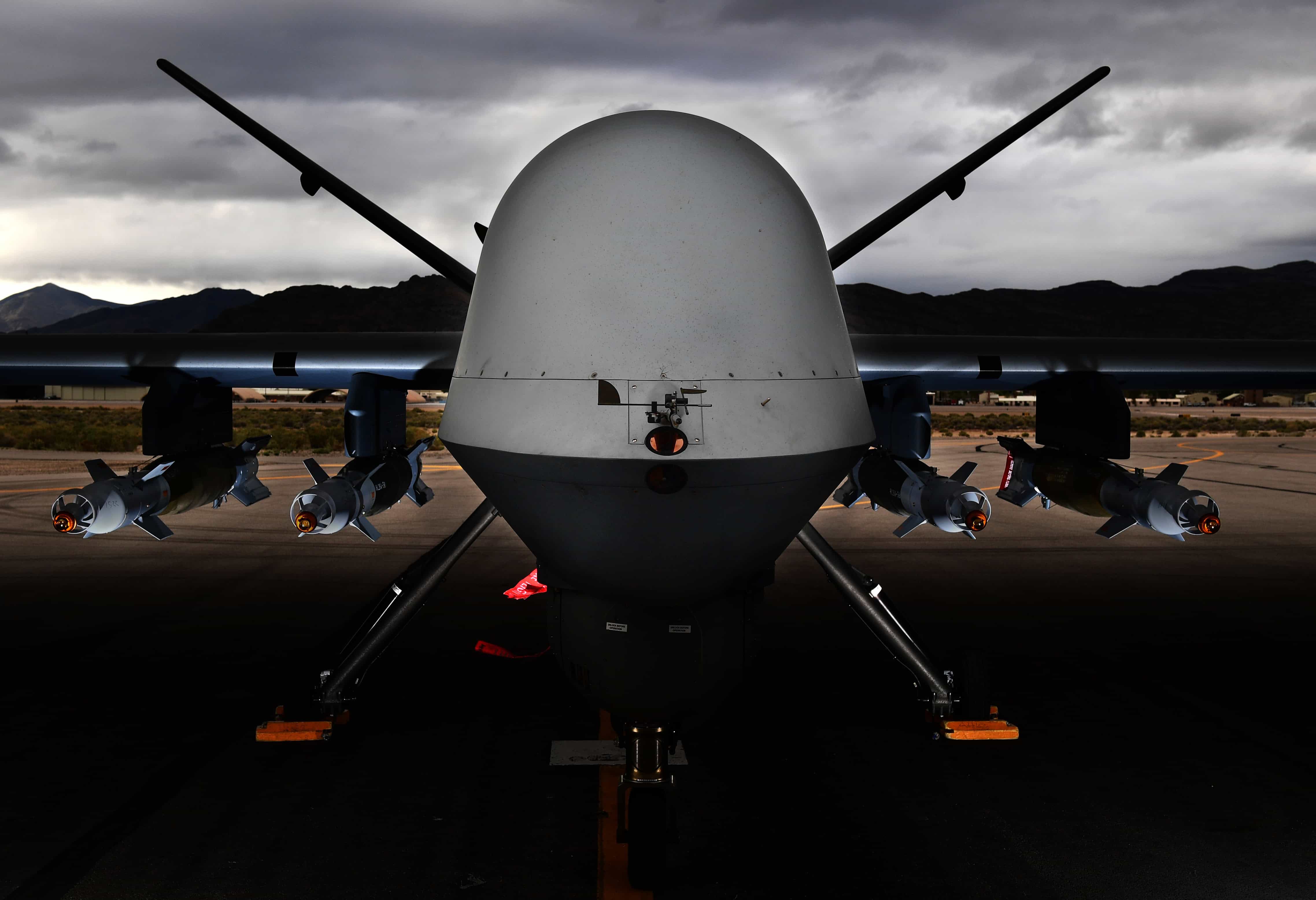
The Pakistan government often criticizes US airstrikes that kill members of the Afghan Taliban, including Haqqani Network leaders.
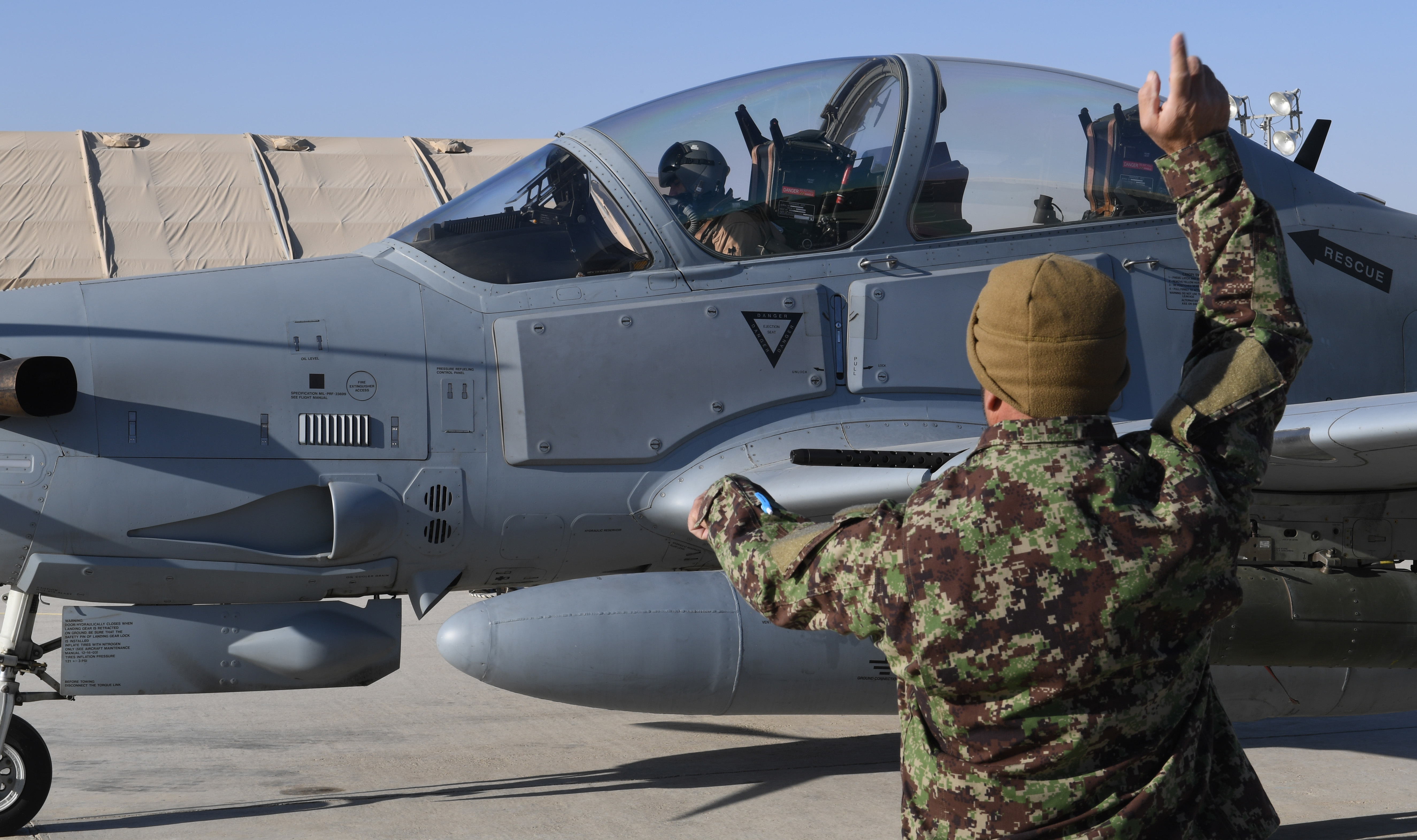
Afghan forces will be on the offensive in the coming year, but have significant challenges ahead.

Ibrahim al Qosi, a former Guantanamo detainee, is one of three senior AQAP leaders featured in a video released this week titled, “Secrets, its Dangers and the Departure of the Best of Us.” The video is focused on the US drone campaign and the jihadists’ lapses in security.
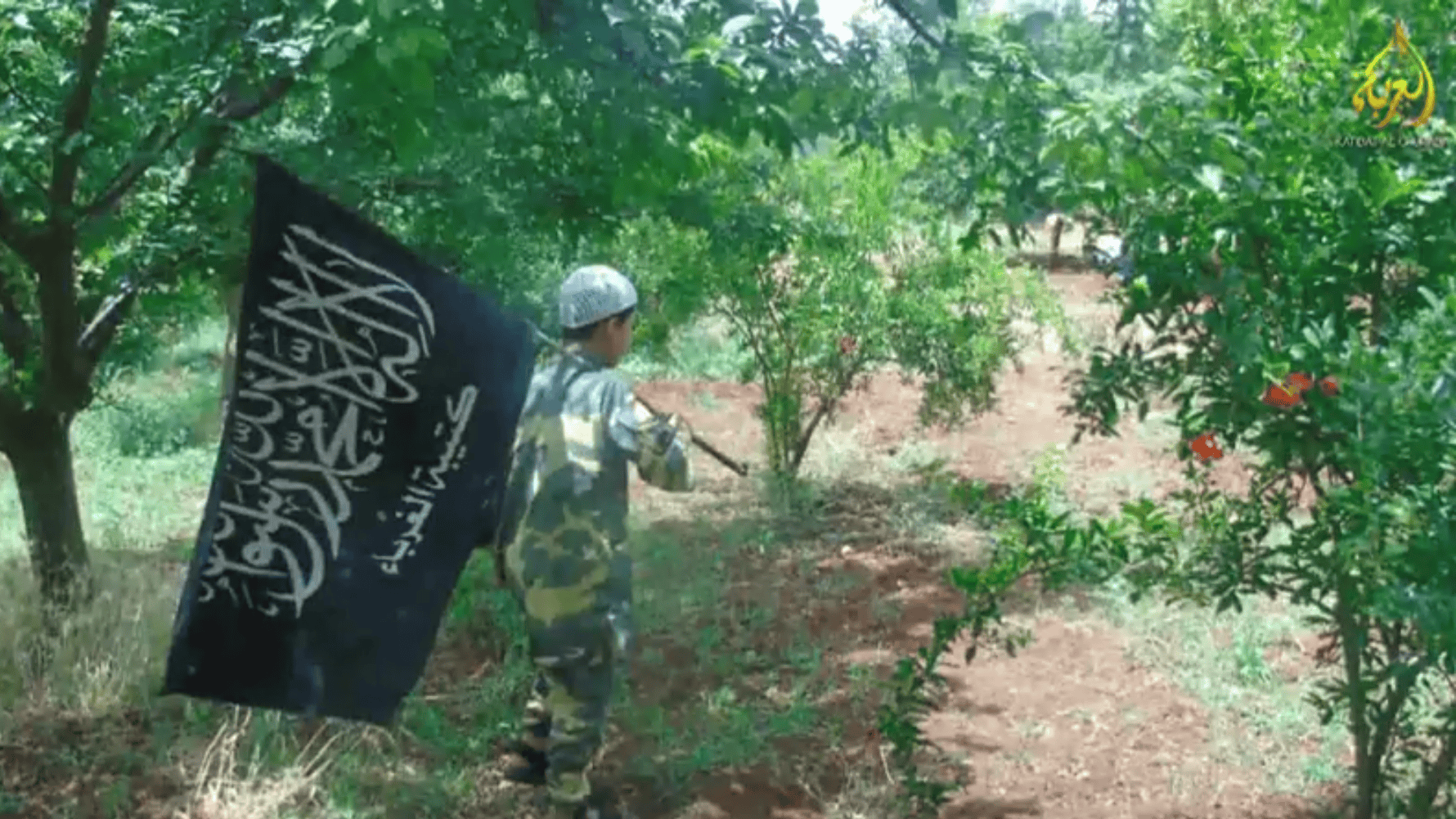
While Katibat al Ghuraba al Turkistan (KGT) appears to be small, it is yet another group in northwestern Syria containing ethnic Uighurs.

The US is seeking the extradition of Christian Ganczarski from France, where he has been imprisoned since 2003. A French court convicted Ganczarski on terror-related charges for his role in the Apr. 11, 2002 suicide bombing at a synagogue in Djerba, Tunisia. The bomber called Ganczarski beforehand to receive his “blessing.” A newly-released indictment focuses on Ganczarski’s other ties to al Qaeda, including a plot targeting American interests in Australia.

At least 276 attacks in Mali and its neighboring countries were linked al Qaeda in 2017. This includes a significant shift of violence to central Mali, as well as northern Burkina Faso.

One of the leaders “planned” the March 2015 Bardo Museum attack in Tunis, which was claimed by the Islamic State. Another serves as Shabaab’s deputy emir.

In the first strike of 2018, US forces have again halted an imminent car bomb attack intended for Somalia’s capital.
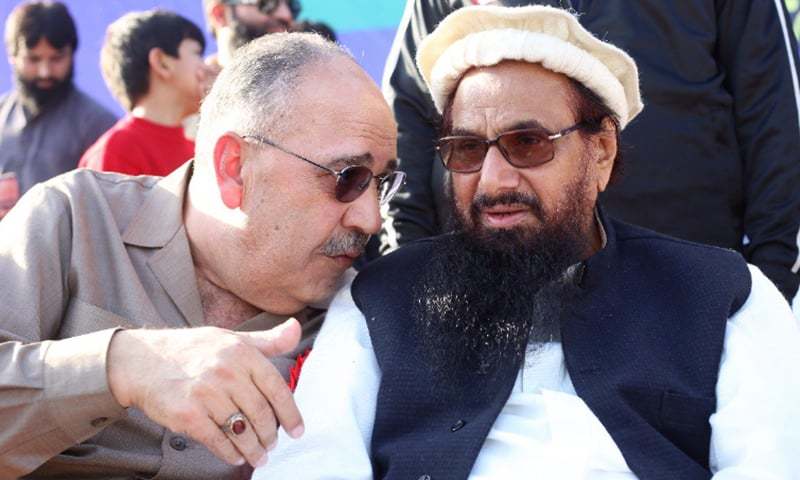
If Trump is serious about hitting back at Pakistan, expect the US to ramp up drone strikes against jihadists, and not just in Pakistan’s tribal areas.

At least 17 Shabaab fighters were killed and a suicide car bomb was destroyed in two strikes that have taken place in Somalia over the past four days.
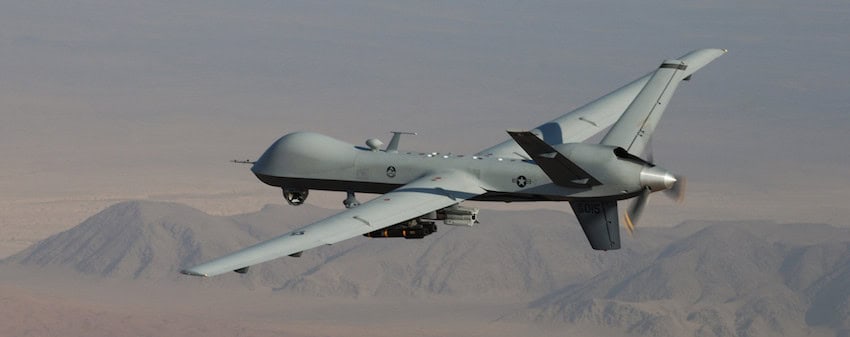
Jamiuddin, was a “trusted man” within the Haqqani Network, a subgroup of the Afghan Taliban, who helped fighters move from Pakistan to Afghanistan.
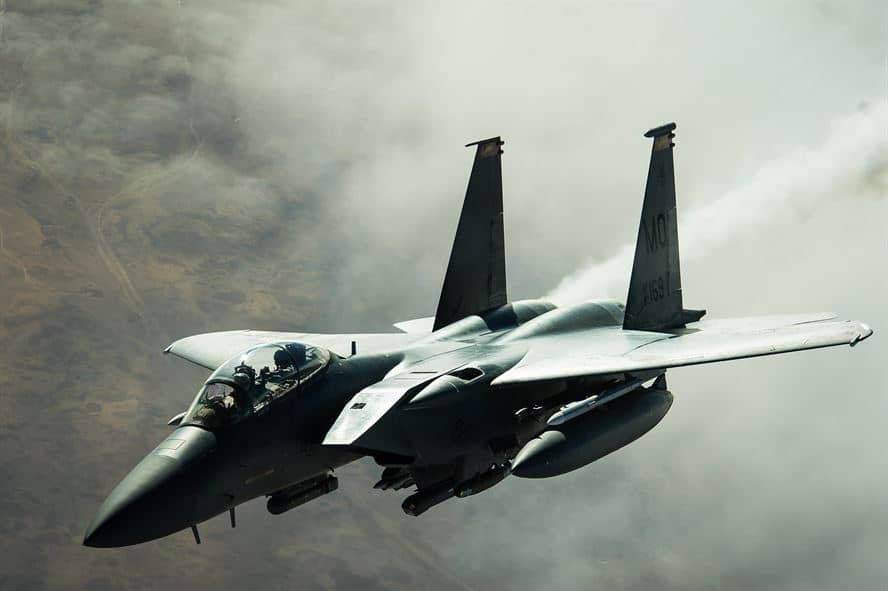
The attack killed eight Shabaab fighters and destroyed one vehicle, according to the AFRICOM press release.

The US military has launched 32 strikes in Somalia since the beginning of 2017, more than doubling last year’s total of 15.